Texas Woman’s Unversity hosted the annual regional Science Education for New Civic Engagements and Responsibilities symposium, held in the Ann-Stuart Science Complex Jan. 31, as Zero Impact event, focusing on the impacts of plastics in the environment.
SENCER is a faculty development reform and science education program created to educate people about issues relevant to social responsibility and civic engagement.
“It is a faculty development [program], but it also helps faculty develop courses where students get involved where you take what you’re learning in class and apply it to a real-life situation,” Dr. Richard Sheardy, professor and chair of the Department of Chemistry and Biochemistry, said. “We know from years of this being done that students actually learn better by getting involved. Civically engaged students are better citizens, and so democracy is strengthened, as well.”
The topic of the symposium was Citizen Science: The Impact on Our Communities by Plastics in Our Environment. Sheardy said he got the idea for the theme after having dinner with one of the symposium speakers, Dr.Catherine Middlecamp. Middlecamp also suggested hosting the event as a Zero Impact event.
The goal of a Zero Impact event is to minimize the amount of waste used throughout the symposium. In order to effectively plan the carbon-neutral event, five TWU students and a faculty advisor teamed up with Middlecamp and two students from the University of Wisconsin-Madison. The Zero Impact team came up with ways to lessen the amount of waste produced from the symposium like ordering from a local restaurant, buying dishes, fabric napkins and silverware instead of using plastic ones, and using reusable nametags.
“We have other events on campus, so we’re going to reuse all of this,” Dr. Nasrin Mirsaleh-Kohan, an associate professor at TWU and SENCER Center for Innovation Southwest co-director, said. “So over time, we’re going to eliminate a lot of plastics. At some point, if anybody on campus has an event, they can borrow it.”
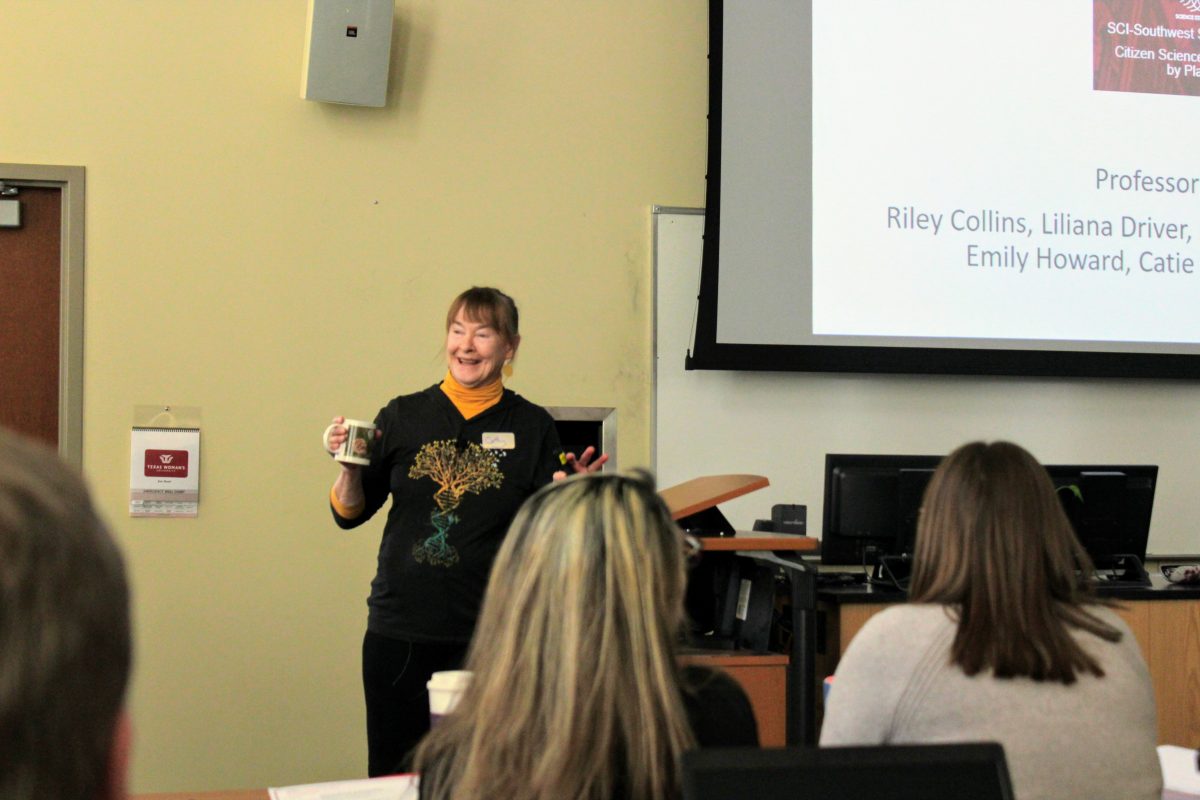
Sheardy said he hopes that other groups on campus will also be willing to host Zero Impact events.
“We have charged our team with reaching out to other groups and other student groups that might want to have an event, and they will help that group plan that event as a Zero Impact event,” Sheardy said. “And they can use our dishes.”
The symposium began with several poster sessions that each discuss civic engagement. Sheardy said the topic of the posters sessions is not just limited to plastics in the environment, but how civic engagement is included in classes.
Adjunct faculty and Zero Impact team faculty adviser Alana Taylor presented about students learning sustainability and civic engagement in the class “Sustainable Physical Science.” Students were tasked with choosing five behavioral changes to implement in their lives for the duration of the semester as well as do five volunteer hours at an environmental organization local to them.
“I started teaching the course in 2017, and I was trying to figure out a way to make sustainability fun and give them the opportunity to engage with the community and have behavioral change,” Taylor said.
Taylor said many of her students enjoyed the assignment and felt as if though they made easy lifestyle changes.
“My favorite [response] is ‘my whole family changed after doing this project,’” Taylor said. “That was one from one of my students who is a mother with three kids. She chose to do Trashless Lunch.
“She didn’t just do it for her. She did it for her whole family. She was able to report that her whole family will continue to do that, now, forever. “
The rest of the symposium attendees listened to presentations ranging from topics on how to plan a Zero Waste event to how the chemistry community connects to policy decisions from speakers from the City of Denton, The New School, University of Montana, Belhaven University and many other universities.
“As chemists, there are things we can do to address the problem, assess the problem and propose solutions,” Sheardy said. “We also need to educate the general public about the issues and what they can do to help. This is kind of like a kick-off to that.”
Plamedie Ifasso can be reached at pifasso@twu.edu

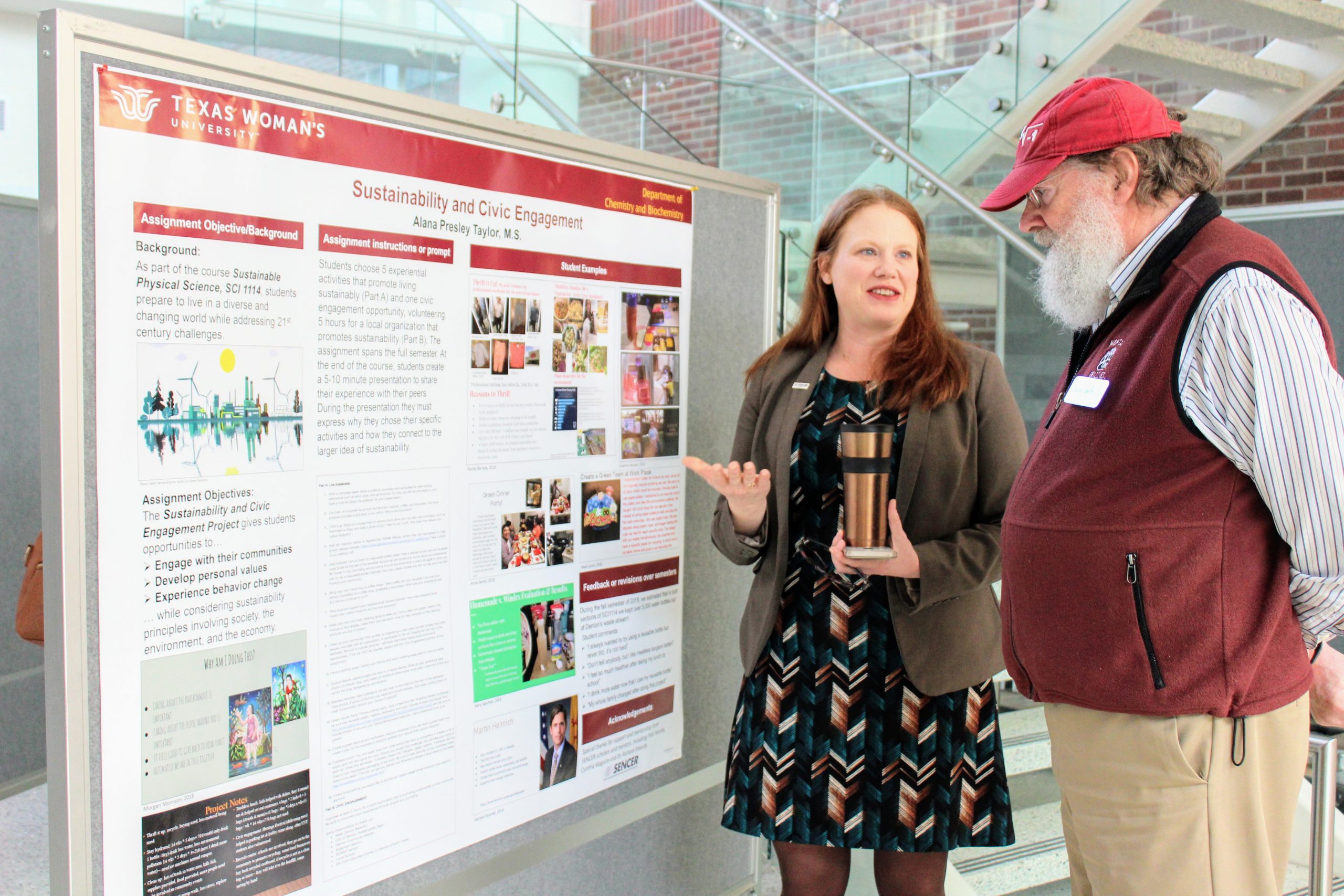
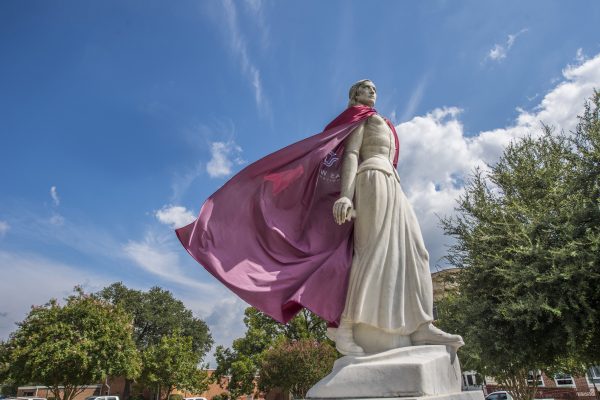
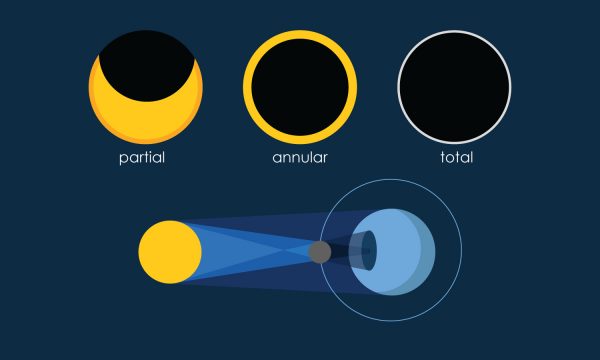
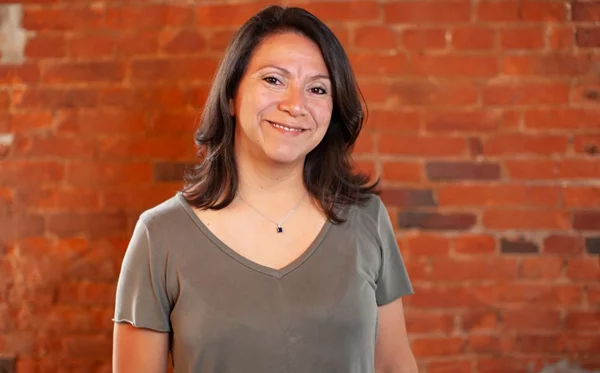
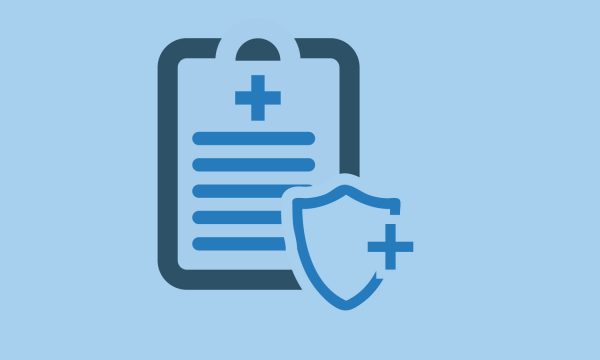
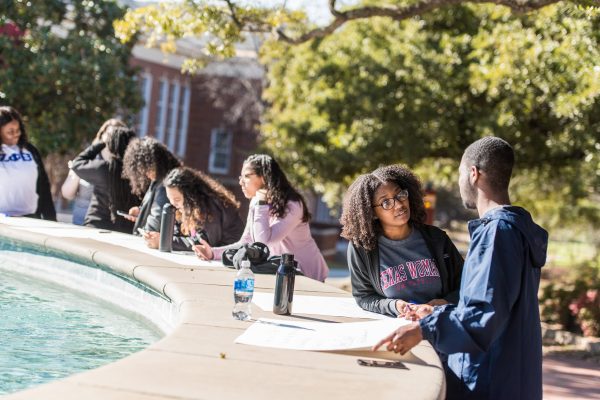
Be First to Comment